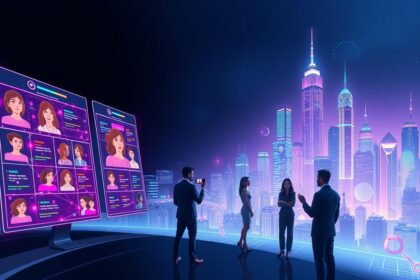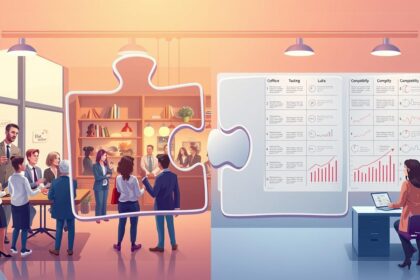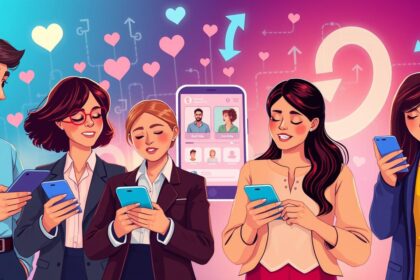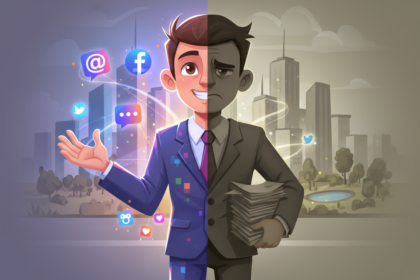Modern dating has transformed dramatically with technology. Many individuals now navigate romantic connections through apps and websites. These digital platforms create unique dynamics that can influe...
At 43, I found myself chronically single and wrestling with a deep fear. I worried I had completely missed my chance at finding lasting love. The pressure to be in a partnership felt overwhelming, as ...
Healing from a difficult chapter in your life is a courageous journey. Whether you’re moving past addiction, trauma, or other significant challenges, this period of personal growth demands focus...
Welcome to the world of modern romance. Dating apps have become our digital cupids, using powerful algorithms to decide who meets whom. The promise of finding a connection is immense, but there’...
In today’s connected world, digital tools that check for harmony between people are booming. They work like software checks that make sure apps run smoothly on different systems. The idea is sim...
Welcome to an eye-opening look at modern digital romance. The way people connect has transformed dramatically in recent years. Simple platforms have evolved into sophisticated systems that influence w...
Modern romance has transformed dramatically with the rise of technology. Our phones now offer endless romantic possibilities at our fingertips. This shift has created a unique dynamic in how we approa...
Many individuals want a loving relationship. But wanting love is different from being truly prepared for it. Desire is about a feeling. Readiness is about a solid foundation. According to experts like...
Swiping through profiles can feel like a second job. You match, you chat, but then… nothing. This experience is more common than you might think. Data shows that nearly 8 out of 10 users report ...
Welcome to our exploration of digital identity in today’s connected world. Many of us navigate both physical spaces and digital platforms daily. This creates an interesting challenge for how we ...









